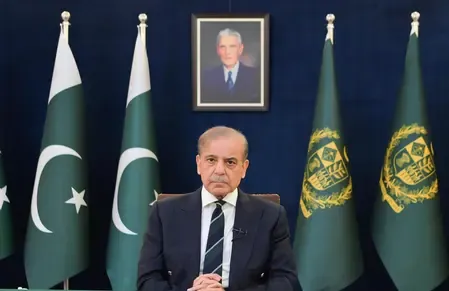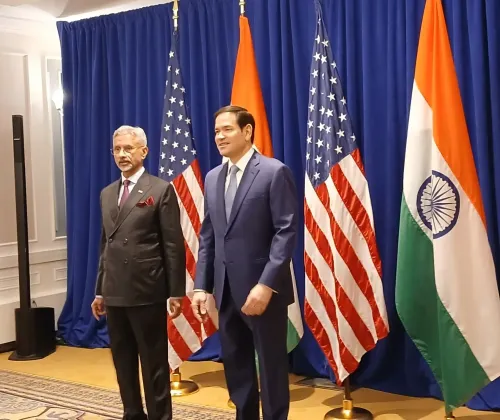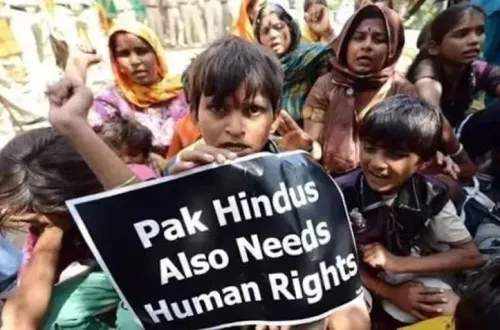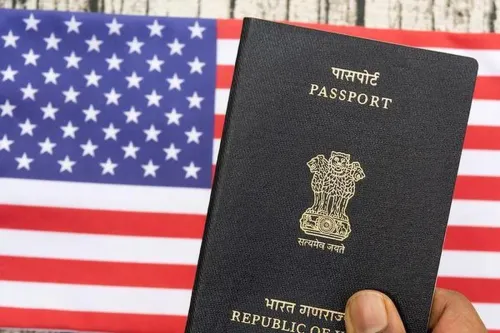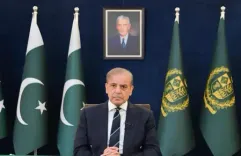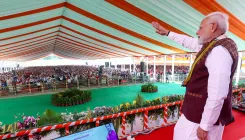Is Jamaat-e-Islami Attempting to Create a 'State Within State' in Bangladesh?
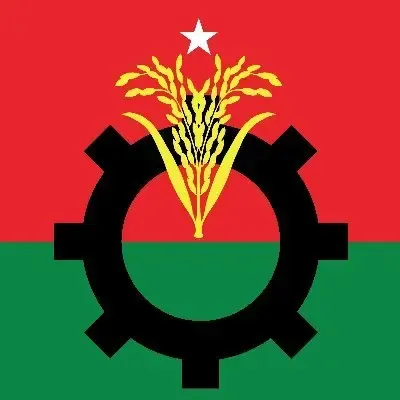
Synopsis
Key Takeaways
- BNP accuses Jamaat-e-Islami of creating a 'state within the state'.
- Concerns raised over university governance and political interference.
- Media bias questioned by BNP leadership.
- Calls for transparency and accountability in student affairs.
- Political tensions between parties escalate.
Dhaka, Sep 21 (NationPress) The Bangladesh Nationalist Party (BNP) has raised serious concerns regarding the actions of the radical Islamist party Jamaat-e-Islami, claiming they are trying to establish a 'state within the state' within Bangladesh's political framework and educational institutions, as reported by various media outlets.
During a discussion at the Jatiya Press Club, BNP's senior Joint Secretary General, Ruhul Kabir Rizvi, questioned the legitimacy of the Dhaka University Central Students' Union Vice President's authority to impose fines on campus shops. He highlighted a specific incident where a shop was fined Tk 3,000, which was then deposited into Baitul Mal, the party's fund. Rizvi asked, “What legal grounds support this action?”
He emphasized that it is the responsibility of university administrations to oversee vendors operating on campus, while student representatives should only raise alarms if order is compromised.
Rizvi stated, “Imposing fines and directing funds to Jamaat’s party fund is alarming. Their actions are fostering a 'state within the state' environment.”
The BNP leader also criticized Jamaat's student organization, Islami Chhatra Shibir, for providing iron beds to university dormitories, questioning whether this responsibility should fall upon a political entity or the student union itself.
He argued, “Students should negotiate directly with the vice-chancellor regarding accommodation issues. It is the administration's duty to resolve these concerns.”
Rizvi pointed out the oddity of a political party supplying beds, questioning if they would also provide dining tables, stating, “These actions undermine the state’s legal framework and disrupt university operations.”
He expressed disappointment at media bias, noting that while allegations against the BNP receive extensive coverage, the misdeeds of Jamaat leaders often go unnoticed.
Rizvi remarked that both media and social media platforms frequently accuse the BNP of various offenses while failing to report on Jamaat leaders implicated in serious crimes, including sexual harassment.
He concluded by highlighting the tensions between parties that previously collaborated with interim chief advisor Muhammad Yunus to oust the democratically elected Awami League government.

